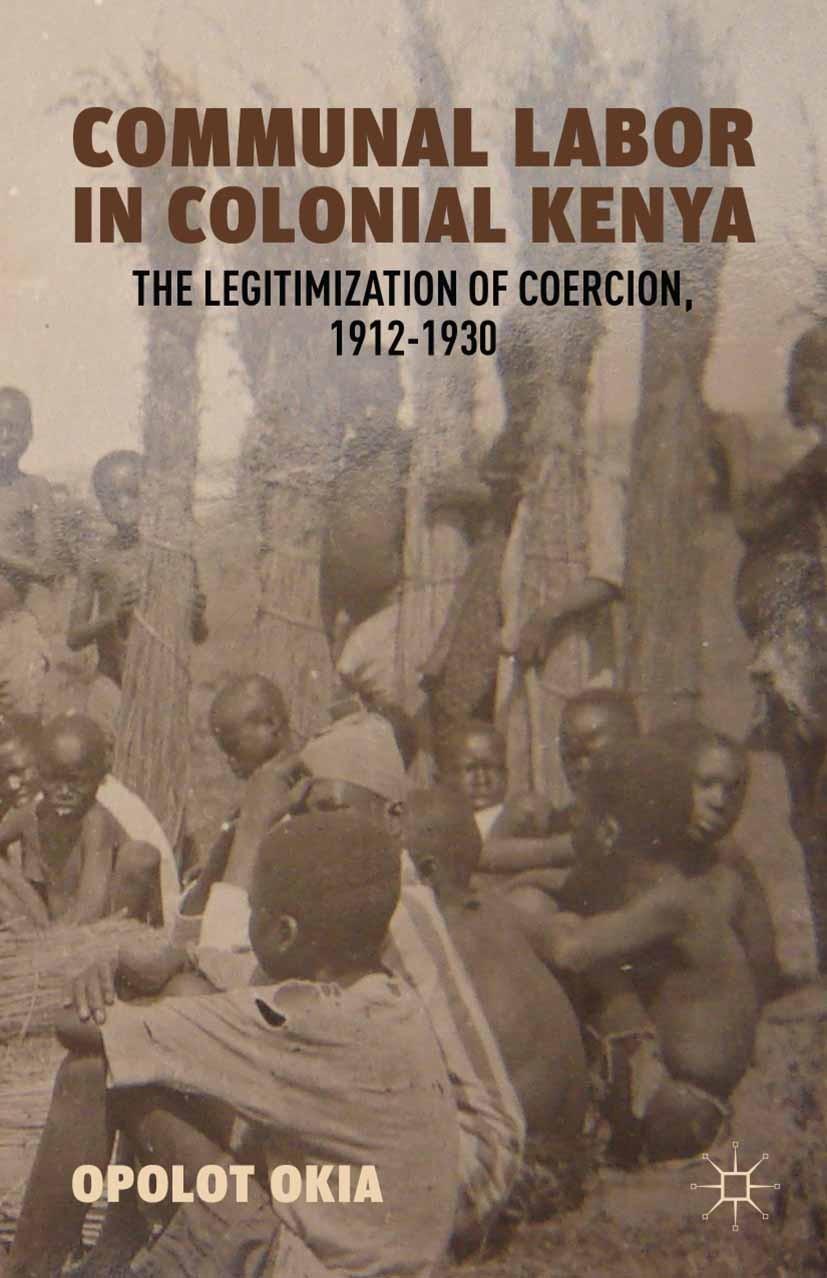| 书目名称 | Communal Labor in Colonial Kenya | | 副标题 | The Legitimization o | | 编辑 | Opolot Okia | | 视频video | http://file.papertrans.cn/231/230328/230328.mp4 | | 图书封面 |  | | 描述 | This book advances research into the government-forced labor used widely in colonial Kenya from 1930 to 1963 after the passage of the International Labor Organization’s Forced Labour Convention. While the 1930 Convention intended to mark the suppression of forced labor practices, various exemptions meant that many coercive labor practices continued in colonial territories. Focusing on East Africa and the Kenya Colony, this book shows how the colonial administration was able to exploit the exemption clause for communal labor, thus ensuring the mobilization of African labor for infrastructure development. As an exemption, communal labor was not defined as forced labor but instead justified as a continuation of traditional African and community labor practices. Despite this ideological justification, the book shows that communal labour was indeed an intensification of coercive labor practices and one that penalized Africans for non-compliance with fines or imprisonment. The use of forcedlabor before and after the passage of the Convention is examined, with a focus on its use during World War II as well as in efforts to combat soil erosion in the rural African reserve areas in Kenya. T | | 出版日期 | Book 2012 | | 关键词 | Africa; Europe; Kenya | | 版次 | 1 | | doi | https://doi.org/10.1057/9780230392960 | | isbn_softcover | 978-1-349-35215-9 | | isbn_ebook | 978-0-230-39296-0 | | copyright | Opolot Okia 2012 |
The information of publication is updating

|
|
 |Archiver|手机版|小黑屋|
派博传思国际
( 京公网安备110108008328)
GMT+8, 2026-1-29 01:50
|Archiver|手机版|小黑屋|
派博传思国际
( 京公网安备110108008328)
GMT+8, 2026-1-29 01:50


